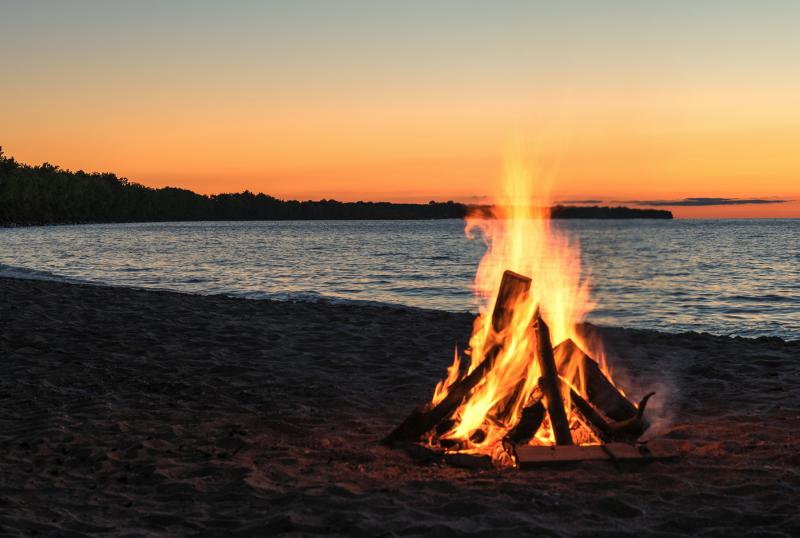With below-average precipitation since late summer, including record low rainfall in New Castle and Sussex counties, Delaware has become abnormally dry as the state heads into the fall season. To reduce the risk of unplanned fires during these dry conditions, the Delaware State Fire Marshal has issued a statewide ban on all open burning until further notice. Fortunately, water demand decreases in the fall and the state’s reservoirs and aquifers are currently in good shape. This time of the year typically allows these systems to recover from the summer demands on them.
With little rain expected in the extended forecast, the Delaware Department of Natural Resources and Environmental Control reminds all Delawareans that water conservation practices are a good year-round habit for helping maintain the state’s water supply.
While portions of neighboring states also are affected by a scarcity of precipitation, West Virginia is the only one currently experiencing severe drought conditions.
“Since the last severe drought in 2002, public and private water purveyors have built over 2 billion gallons of reserve water supply storage that include reservoirs, impoundments, aquifer storage and new wells,” said Dr. Gerald J. Kauffman, director of Delaware Water Resources Center. “These reserve supplies, coupled with water demand conservation achieved by the public, mean that Delaware is well on the path toward water supply self-sufficiency.”
Due to current dry conditions, the Delaware State Fire Marshal has issued a ban on open burning. While open burning is typically allowed from Sept. 30 to April 30, the fire marshal has the authority to ban these activities in individual counties or statewide during dry periods. This measure is in place to reduce the risk of unplanned fires. The ban includes:
- Controlled burning of yard/garden material (excluding leaves, which are never permitted)
- Bonfires
- Demolition burning
- Prescribed burns for land management
- Agricultural burning for field maintenance.
Currently, campfires are permitted only in areas cleared of all combustibles, surrounded by a non-combustible ring no larger than 3-feet-by-3-feet and used for cooking only. Grills/hibachis are also allowed in areas cleared of surrounding combustibles and used for cooking only.
For more information, go to statefiremarshal.delaware.gov and de.gov/openburning.
September was one of the driest months on record, and many parts of Delaware, especially New Castle County, haven’t received any rain in October so far, according to State Climatologist and Delaware Environmental Observing System Director Dr. Kevin R. Brinson.
“Looking at the extended forecast, there is little to no precipitation expected over the next two weeks,” said Dr. Brinson. “So, in the short term, we should continue to see our water conditions deteriorate.”
Brinson offered a qualified response as to where and to what effect current conditions may lead.
“Our seasonal outlook isn’t looking particularly dry, but it’s not looking wet either. We’re expecting a La Nina to develop this winter, which tends to mean warmer and drier conditions for our region,” he said. “Given how dry it’s been, any recovery we experience this winter would likely take some time to occur. That’s why it’s so important that we start to monitor the dry conditions closely now instead of waiting until late winter or early next spring when the demand for water will go back up. As much as we can, we want to stay ahead of this potential drought.”
Dr. David Wunsch, director of the Delaware Geological Survey, emphasized the importance of monitoring.
“The Delaware Geological Survey maintains infrastructure to monitor drought conditions, including groundwater monitoring wells that help us to determine trends in water levels,” said Dr. David Wunsch. “These serve as indicators that help us to provide real data that the state can use to guide recommendations for mediating drought conditions.”
Without a wet fall and winter Delaware may be in trouble when water demands increase in the spring, wise water use and conservation of water supplies are highly encouraged in Delaware – tips for both practices can be found on the U.S. Environmental Protection Agency’s WaterSense webpage and on the DNREC website at de.gov/drought.















































